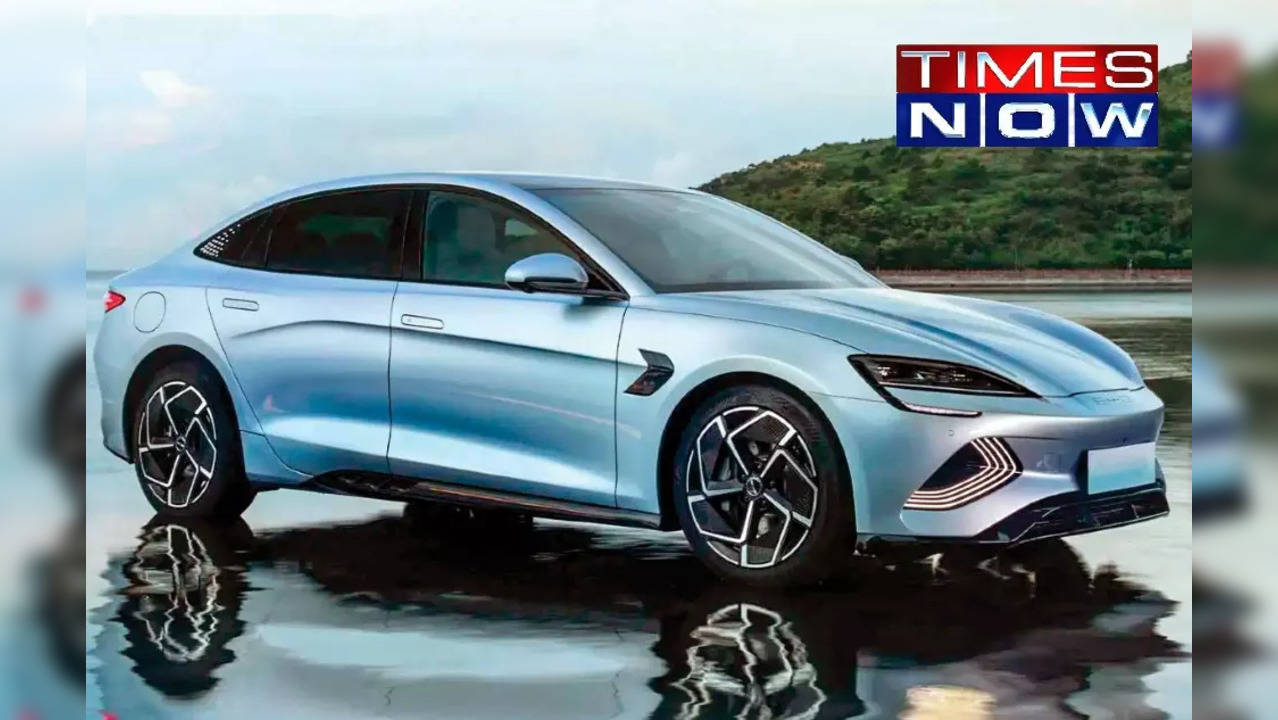The EU slams Chinese electric vehicles with tariffs as high as 38.1%, accusing them of unfair subsidies. BYD, Geely, and SAIC are likely hardest hit. New tariffs will come into action starting July 4th, 2024. EU carmakers express concern about potential retaliation from China, raising worries of a broader trade war.
EU Imposes High Tariffs On Chinese Electric Cars (Image: BYD Seal EV)
The European Union (EU) is revving up tensions with China, imposing hefty new tariffs on Chinese-made electric vehicles (EVs). This move, effective July 4th, could spark a trade war between the two economic giants.
The tariffs range from 17.4% to a staggering 38.1%, depending on the manufacturer. The EU claims these companies, including BYD, Geely, and SAIC, benefit from unfair government subsidies that threaten European carmakers. China’s Ministry of Commerce has vowed to retaliate, but hasn’t specified the measures that will be taken.
This decision comes just weeks after the US quadrupled tariffs on Chinese EVs. Analysts anticipated EU tariffs to be milder, ranging between 10% and 25%. The higher-than-expected rates suggest a more aggressive stance by the EU.
China Responds: China urges the EU to ditch new tariffs on Chinese electric vehicles (EVs), fearing a protectionist move and urging collaboration instead. The EU’s move, with duties as high as 38.1%, comes despite a surprising rally in Chinese EV stocks.
European automakers have been struggling to compete with the affordability of Chinese EVs. The EU hopes these tariffs will level the playing field, but they could also backfire. Retaliatory measures from China could disrupt European supply chains and raise prices for consumers.
Margaritis Schinas, a vice president of the European Commission, emphasized their efforts to address the issue with China before resorting to tariffs. “We explored possible ways for resolving the issues identified,” he stated. However, a resolution seems distant at the moment.
With both the US and EU taking a tough stance on Chinese EVs, the global electric car market is facing a potential trade war. The impact on car manufacturers, consumers, and international relations remains to be seen.

